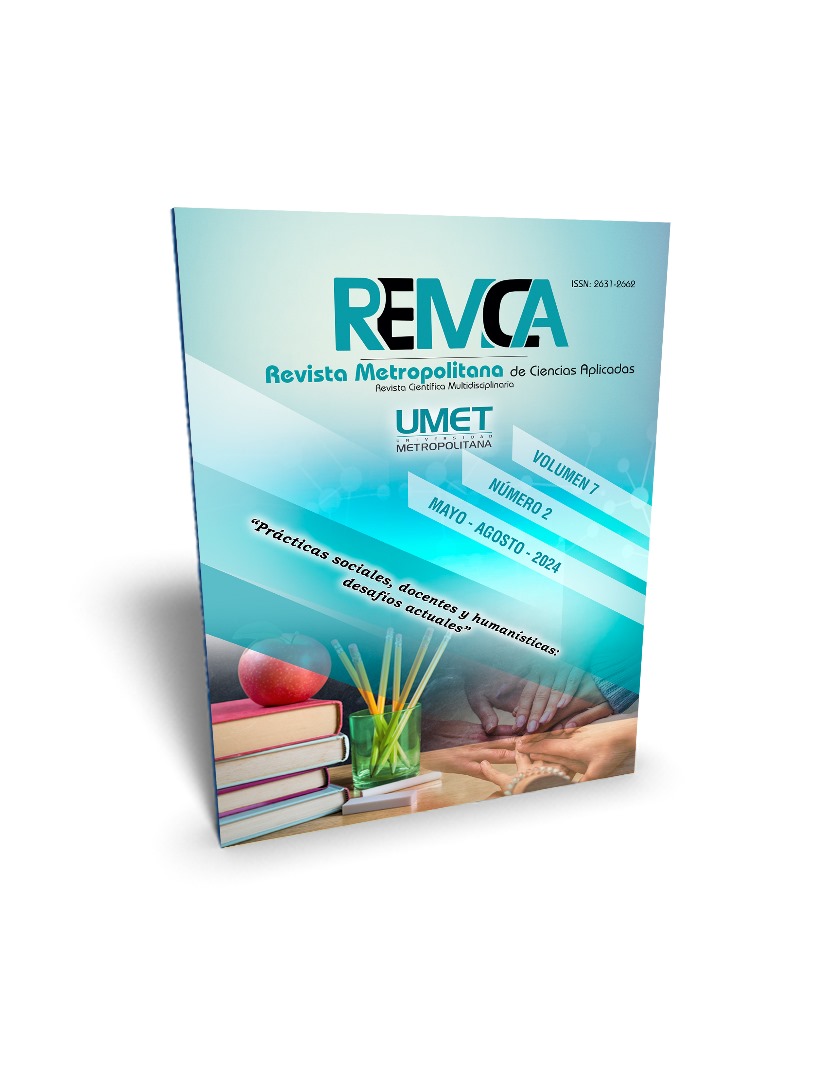Current challenges in ethics and accountability in financial auditing
DOI:
https://doi.org/10.62452/ex5xb772Keywords:
Ethics, globalization, financial auditing, technologies, controlAbstract
In today's complex business landscape, characterized by technological advances and e-commerce, ethics and accountability in financial auditing are essential to safeguard the integrity of accounting information. This study set out to examine the impact of contemporary challenges, those associated with technological evolution and online commerce, on ethics and accountability in financial auditing. A methodological approach involving literature review and case study analysis was used. The findings reveal that technological sophistication and globalization have exacerbated the relevance of ethics and responsibility in financial auditing. The need for continuous adaptation, preservation of independence and conscious implementation of emerging technologies is highlighted. In conclusion, auditors must be prepared to face ethical and technical challenges in a dynamic business environment to ensure the reliability and veracity of financial auditing.
Downloads
References
Argañaraz, A., Mazzuchelli, A., Albanese, D., & López, M. (2019). Blockchain: un nuevo desafío para la contabilidad y auditoría. (Ponencia). XV Simposio Regional de Investigación Contable y XXV Encuentro Nacional de Investigadores Universitarios del Área Contable. La Plata, Argentina.
Arroyo, J. (2018). Los códigos de ética y los códigos de conducta en la promoción de la ética organizacional. Revista Nacional de Adminitración, 4. doi:https://doi.org/10.22458/rna.v9i1.2104
Barberán Arboleda, P., & Pozo Ceballos, S. (2023). El comercio electrónico y la auditoría financiera en las organizaciones empresariales. Una aproximación metodológico-conceptual. COFIN Habana, 13(3). https://revistas.uh.cu/cofinhab/article/view/841
Carrera-López, J., Bedor-Vargas, D., & Borja-Salinas, E. (2020). Auditoría financiera para el control interno en los procesos departamentales de una empresa. Polo del Conocimiento, 5(3), 903-921. https://doi.org/10.23857/pc.v5i3.1520
Castañeda, C. (2021). Aspectos generales Auditoría. Universidad de las Fuerzas Armadas ESPE.
Castellanos, O., Murillo , D., Ricardo, M., Caballero, M., Nole, A., Sancho, C., & Sevilla, S. (2023). La importancia de la ética profesional en la Auditoría Financiera. Revista Pensamiento Transformacional, 2(5), 48-65. https://dialnet.unirioja.es/servlet/articulo?codigo=9411935&orden=0&info=link
Espinoza, F., & Rivera, A. (2018). Escepticismo y la auditoría financiera. Revista de. Investigación Valdizana, 12(3), 153-156. https://doi.org/10.33554/riv.12.3.150
Eyzaguirre, D. (2022). Oportunidad de los procedimientos del revisor de calidad e incidencia en auditoría. Contabilidad y Negocios, 17(34). https://doi.org/10.18800/contabilidad.202202.003
Hernández, R., & Mendoza, C. (2018). Metodología de la Investigación. Interamericana Editores.
Manrique, J. (2019). Introducción a la auditoría. Fondo editorial de la Universidad Católica del Perú.
Pérez, J. (2021). Cumplimiento de implementación de recomendaciones del informe de auditoría financiera sus incidencias en la gestión de fondos. (Tesis de grado). Universidad Católica Santo Toribio de Mogrovejo.
Remeseiro, S., & Gómez, E. (2020). Inteligencia Artificial: un estudio de su impacto en la sociedad. (Trabajo de grado). Universidade da Curuña.
Rezzoagli, B. A. (2021). Fraude contable y corrupción. Reflexiones en torno a la responsabilidad civil del auditor de estados financieros. Ciencias Económicas, 2, 201–2015. https://doi.org/10.14409/rce.v2i0.10490
Rodríguez Cermeño, I. C. (2020). Desarrollo de valor agregado en la auditoría de certificación en organizaciones de alta complejidad en Colombia con sistemas de gestión. SIGNOS - Investigación En Sistemas De gestión, 12(2), 31–45. https://doi.org/10.15332/24631140.5935
Downloads
Published
Issue
Section
License
Copyright (c) 2024 Carlos German Largo-Morocho, Lenyn Geovanny Vásconez-Acuña (Autor/a)

This work is licensed under a Creative Commons Attribution-NonCommercial-ShareAlike 4.0 International License.
Authors who publish in Revista Metropolitana de Ciencias Aplicadas (REMCA), agree to the following terms:
1. Copyright
Authors retain unrestricted copyright to their work. Authors grant the journal the right of first publication. To this end, they assign the journal non-exclusive exploitation rights (reproduction, distribution, public communication, and transformation). Authors may enter into additional agreements for the non-exclusive distribution of the version of the work published in the journal, provided that acknowledgment of its initial publication in this journal is given.
© The authors.
2. License
The articles are published in the journal under the Creative Commons Attribution-NonCommercial-ShareAlike 4.0 International License (CC BY-NC-SA 4.0). The terms can be found at: https://creativecommons.org/licenses/by-nc-sa/4.0/deed.en
This license allows:
- Sharing: Copying and redistributing the material in any medium or format.
- Adapting: Remixing, transforming, and building upon the material.
Under the following terms:
- Attribution: You must give appropriate credit, provide a link to the license, and indicate if any changes were made. You may do this in any reasonable manner, but not in any way that suggests the licensor endorses or sponsors your use.
- NonCommercial: You may not use the material for commercial purposes.
- ShareAlike: If you remix, transform, or build upon the material, you must distribute your creation under the same license as the original work.
There are no additional restrictions. You may not apply legal terms or technological measures that legally restrict others from doing anything the license permits.




